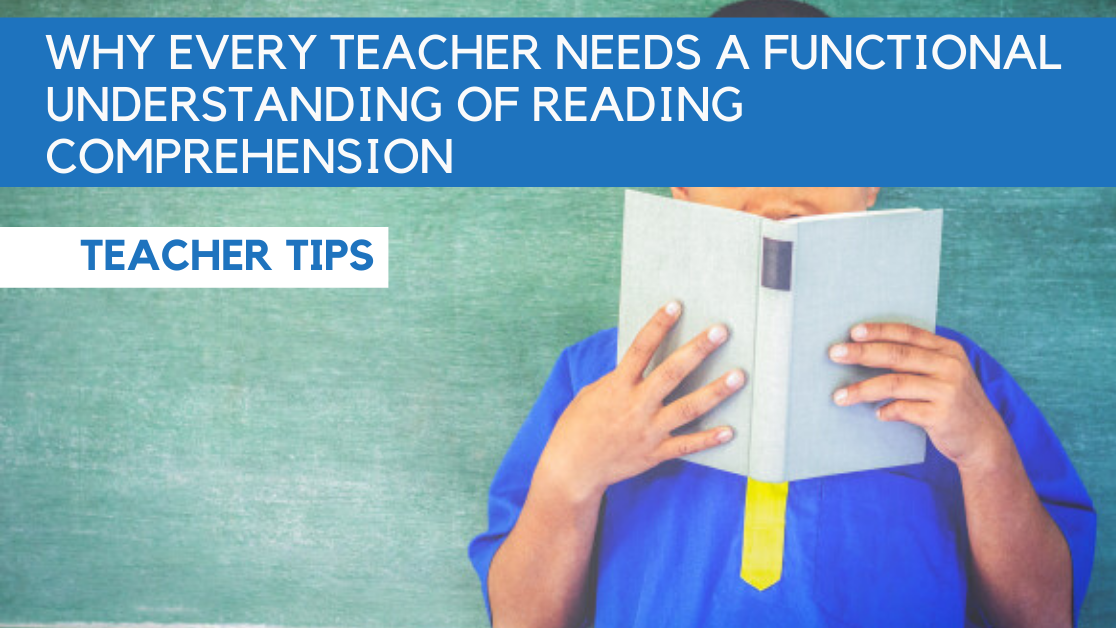We know that learning – and especially remembering – the things we learn is a complex biological process involving many different aspects. One of these many aspects of learning is the role our foundational knowledge (or the things we already know) plays in us ultimately remembering what we learn. As Sousa[1] and Willingham note, foundational knowledge is crucial to the extent that it is a determining factor in whether or not new information is rejected or committed to long-term memory.
It all boils down to two questions:
Sousa further adds that the material you teach in your class needs to pass these two questions to be remembered:
- Does this make sense? Or put differently, can a learner understand the information based on their foundation knowledge (this includes past experiences and other memories)? If the new material does not make sense the learner will struggle to remember it.
- Does this have meaning? The next step involves determining whether or not the new material is relevant to the learner. As Sousa notes, this is quite personal and might differ greatly based on a learner’s foundational knowledge and previous experiences. He states that when learners ask questions such as “why do I have to know this?” and “when will I ever use this?” they have perceived the material as irrelevant.
What does this have to do with reading comprehension?
Patterson[2] and her colleagues report that “reading comprehension is the ability to extract meaning from written text”. In other words, if learners are not able to understand what they read they cannot extract meaning from the written text in their textbooks or worksheets. It should be obvious why this is extremely problematic. They further note that understanding what you read plays a crucial role in the acquisition, construction and sharing of knowledge. What does this mean for our own classrooms? Regardless of the subject you teach, when learners read the prescribed texts for the subject and they struggle to comprehend what they are reading, there are some serious learning hurdles taking place.
Based on Patterson’s research, foundational knowledge is understood as a two-dimensional construct. It includes both topic knowledge (how much the learner knows about the specific concept) and domain knowledge (how much the learner knows about the subject in general). In the current worldwide schooling approach, these domains and their knowledge components are mainly constructed with textual interactions. Generally speaking, it is assumed that language teachers are mainly responsible for reading development and mastery. However, the reality looks a bit different in that a learner who struggles to read will not magically be able to understand complex and abstract language such as those used in Science and Math. Therefore, the learner will struggle to learn and make meaning of the material, which results in the gap in foundational knowledge growing ever bigger.
What does this mean for teachers from language and non-language based subjects?
Shulman states that:
Another strategic site occurs in conjunction with sections of textbooks that the teacher finds problematic, flawed in their conception of the topic, incomplete in their treatment, or inadequate in explanation or use of examples. How are these deficiencies in curriculum materials (which appear to be commonplace) apprehended and dealt with by teachers? How do teachers take a piece of text and transform their understanding of it into instruction that their students can comprehend?
This is perhaps a starting point for teachers outside of traditional language-based subjects. Be critical of the textbooks you are using. You are the experts in your subject area and will know best whether or not a learner will be able to make meaning of what is written in the textbook. If you find the material to be flawed, obscure or complex, know that your learners (with only a fraction of your foundational knowledge) will struggle to learn that material. This is why every teacher needs a functional understanding of reading comprehension to be able to guide learners through the language barriers so they can have access to the new concepts that build their foundational knowledge for the subject.
[1] Sousa, D.A. 2017. How the Brain Learns 5th Edition. Sage Publications.
[2] Patterson, A., Roman, D., Friend, M., Osborne, J. & Donovan, B. 2018. Reading for Meaning: The Foundational Knowledge Every Teacher of Science Should Have, International Journal of Science Education 40(3), pp. 291-307.



